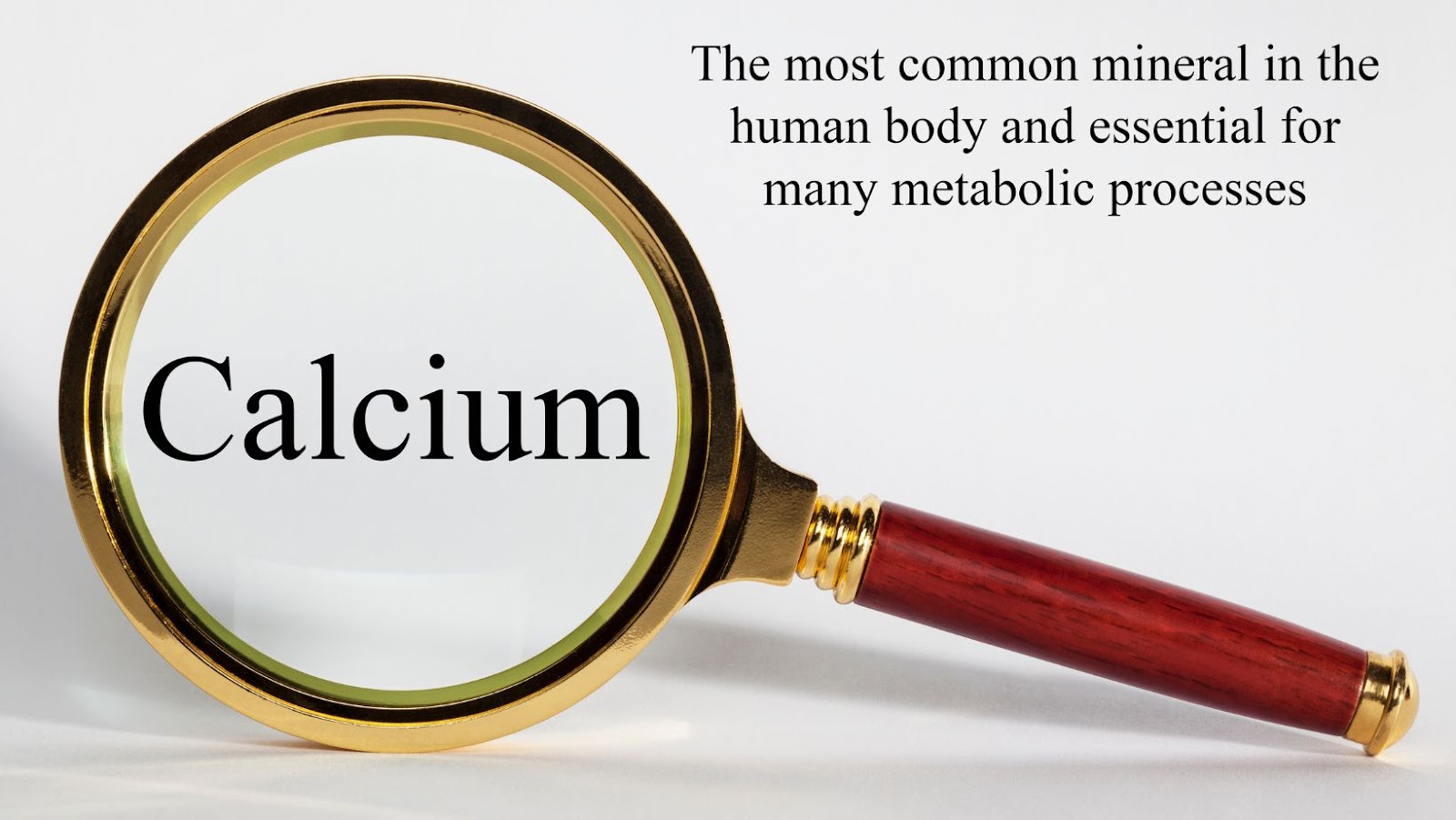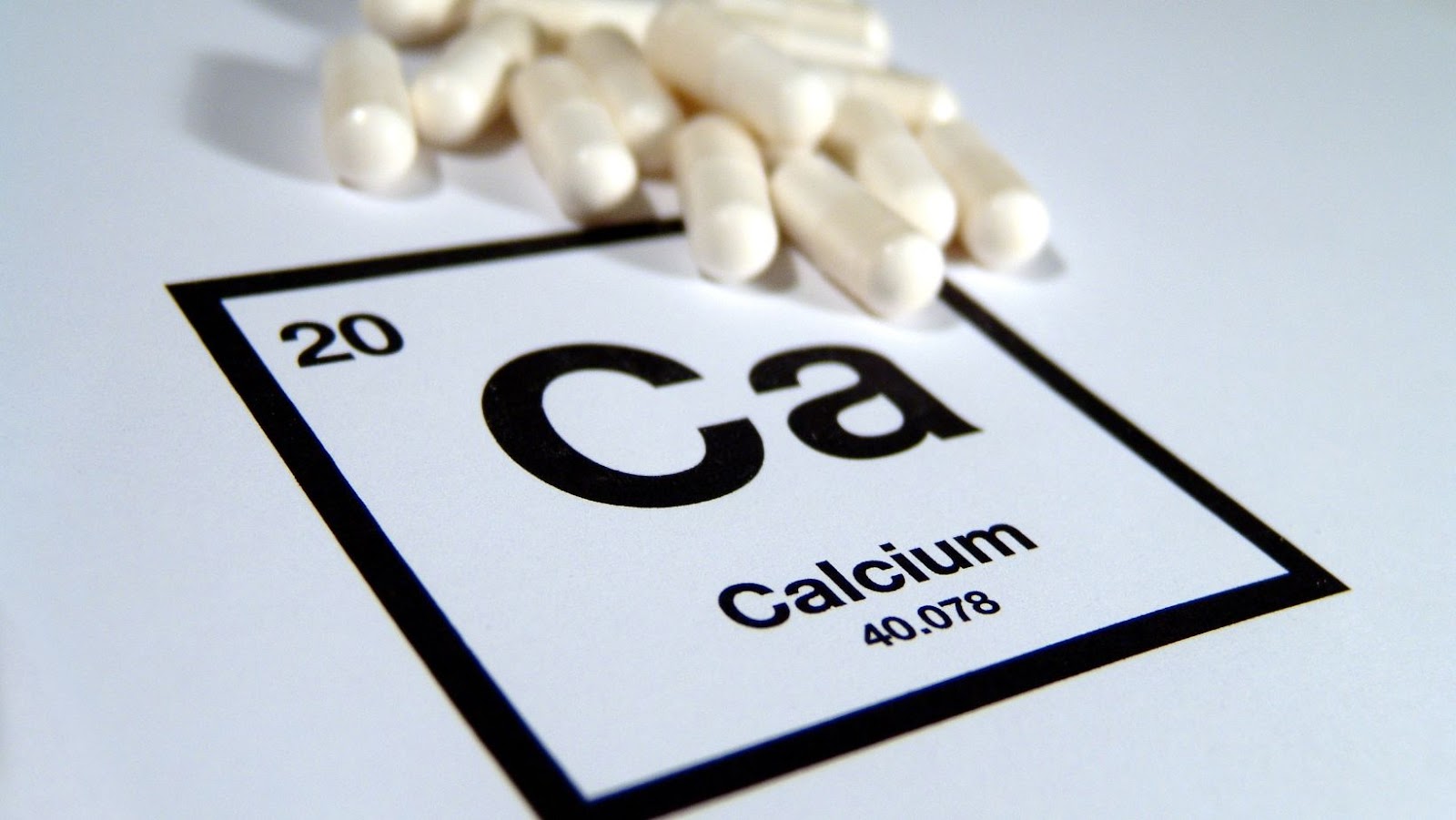If you recently received a high calcium diagnosis, it’s natural to be concerned with what to eat to manage it. Maintaining a healthy diet can play an essential role in regulating calcium levels in your body. In this article, I’ll explain the connection between diet and high calcium levels and highlight some of the best foods to eat if you’ve received a high calcium diagnosis.
First off, it’s important to note that high calcium levels can indicate underlying health conditions such as hyperparathyroidism, cancer, and bone disorders. Therefore, it’s essential to work with your healthcare provider to identify the underlying cause and develop a comprehensive treatment plan. That said, adjusting your diet can help reduce excess calcium levels, minimize potential complications, and support overall bone health.
Foods that are low in calcium are an obvious choice for individuals with high calcium levels. However, limiting calcium intake alone may not be enough to regulate your calcium levels. Therefore, it’s essential to incorporate foods that can help lower calcium levels or prevent its absorption in your diet. In the next section, I’ll dive into how you can achieve a balanced diet while managing your high calcium diagnosis.
 Foods to Avoid With High Calcium Levels
Foods to Avoid With High Calcium Levels
If your calcium levels are high, it’s important to know which foods to avoid in order to prevent further elevation. Here are some foods that should be avoided:
1. Dairy Products
Dairy products such as milk, cheese, and yogurt are high in calcium. While they are a great source of calcium for those with low levels, they should be avoided by those with high levels. Plant-based milk alternatives like almond milk or soy milk are good substitutes.
2. Canned Fish
Fish like salmon and sardines are known to be healthy due to their high omega-3 fatty acid content. However, canned fish that includes the bones can be high in calcium, which is not beneficial for those with high levels.
3. Leafy Greens
Leafy greens such as kale, spinach, and collard greens are usually healthy sources of vitamins and minerals. However, they are also high in calcium and should be limited for those with high calcium levels.
4. Nuts and Seeds
Nuts and seeds are a great source of protein and healthy fats. However, they also contain high levels of calcium and should be consumed in moderation.
5. Fortified Foods
Fortified foods such as cereals, bread, and orange juice are often promoted as a way to increase calcium intake. However, they can also contribute to high levels of calcium in the blood. Reading nutrition labels and avoiding fortified foods can help control calcium levels.
It’s important to talk to your healthcare provider about specific dietary recommendations if you have high calcium levels. They may suggest limiting other foods that are high in calcium, vitamin D, or other minerals that could contribute to elevated levels.
What Should I Eat if My Calcium is High?
If you have been diagnosed with high calcium levels, it is important to modify your diet to reduce calcium intake. While calcium is necessary for healthy bones and proper muscle function, excess calcium in the blood can lead to various health problems. Here are some recommended foods for high calcium levels that you should consider adding to your diet:
- Low-calcium dairy alternatives: If you love dairy products, it may be hard to give them up completely, but it’s crucial to limit your intake if you have high calcium levels. Instead, try non-dairy milk like almond, coconut, or rice milk that are low in calcium.
- Leafy greens: Vegetables like spinach, kale, and collard greens are rich in essential vitamins and minerals including calcium, potassium, and magnesium. Though they are high in calcium, they are also high in fiber, and can increase bowel movements, reducing calcium absorption.
- Fruits: Fruit not only provides essential vitamins and minerals but is also low in calcium. Some of the fruits to consider for a high calcium diet include apples, berries, citrus fruits, pineapple, and peaches, among others.
- Legumes: Beans, lentils, and chickpeas are another source of calcium that can be added to the diet of people with high calcium levels while also providing fiber and protein.
- Grains: Opt for low calcium grains like oats, rice, and quinoa, while reducing high-calcium grains such as wheat bran, whole grain cereals, and oat bran.

Nature provides food options to avoid any nutritional deficit. A plant-based diet is highly recommended where you can enjoy a variety of food to support the body’s need.
When faced with high calcium levels, many people may wonder about the best approach to their diet. While calcium is essential for strong bones and teeth, high levels can cause health complications, including kidney stones and bone loss. One of the most critical factors in managing high calcium levels is moderation in diet.
The first step would be to reduce or eliminate food items that have elevated calcium content. Although calcium is essential, excessive amounts can lead to health issues. Some examples of foods to avoid or limit include dairy products such as milk, cheese, and yogurt, as well as canned fish with bones, fortified cereals, and calcium supplements.
In contrast, incorporating foods that are low in calcium may be beneficial. Fresh fruits, vegetables, grains, and lean proteins such as chicken and fish can prove to be nutritious options. Foods high in fiber, such as beans, whole grains, and fruits, can also help in easing excess calcium from the body through the digestive system.
It’s essential to keep in mind that while moderation is key, maintaining adequate levels of calcium is vital for maintaining healthy bones and teeth. Consulting with a medical professional or a registered dietitian can be extremely helpful in creating an effective diet plan to address high calcium levels based on individual needs and medical history.
In conclusion, while managing high calcium levels can be challenging, moderation in diet can be a beneficial first step. It’s crucial to avoid or limit calcium-rich foods and incorporate foods that are low in calcium and high in other nutrients. A balanced diet with an emphasis on moderation and guidance from medical professionals can help maintain healthy calcium levels while ensuring adequate nutrients.


 Foods to Avoid With High Calcium Levels
Foods to Avoid With High Calcium Levels